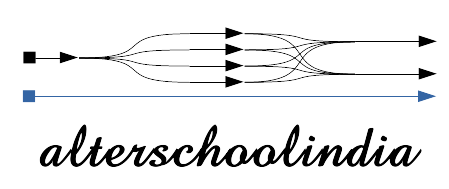The scientific method is a body of techniques for investigating phenomena, acquiring new knowledge, or correcting and integrating previous knowledge. To be termed scientific, a method of inquiry is commonly based on empirical or measurable evidence subject to specific principles of reasoning. Experiments are a procedure designed to test hypotheses. Experiments are an important tool of the scientific method.
The process of the scientific method involves making conjectures (hypotheses), deriving predictions from them as logical consequences, and then carrying out experiments or empirical observations based on those predictions. A hypothesis is a conjecture, based on knowledge obtained while seeking answers to the question. The hypothesis might be very specific, or it might be broad. Scientists then test hypotheses by conducting experiments or studies. A scientific hypothesis must be falsifiable, implying that it is possible to identify a possible outcome of an experiment or observation that conflicts with predictions deduced from the hypothesis; otherwise, the hypothesis cannot be meaningfully tested.
<p>
- Scientific Method, Wikipedia as on 3rd December, 2017
Note that these are guidelines to how the scientific method works. There are no super-strict rules about how it's done. The method varies to some extent from one field to another.
Check out the "Would you like to know" section to study the scientific method with the help of an example.


 Got any questions?
Got any questions?